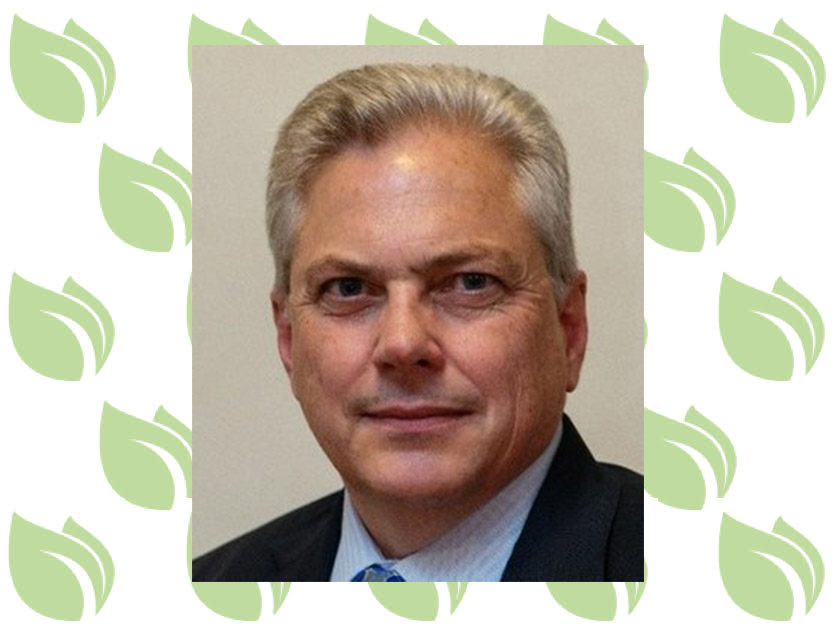The seafood industry has long been a vital economic force here in the U.S., supporting 1.7 million jobs in recent years. But despite the strength of the industry here and our rich fishing grounds and strong ports, the country still imports far more seafood than it produces.
With the U.S. importing 90 percent of the seafood we eat, it’s clear that wild capture fisheries alone can’t meet our increasing demand for seafood. It’s time for the United States to take action to diversify our food supply by encouraging development of the nascent aquaculture industry, while also supporting growth of other related industries, such as agriculture.
Aquaculture – or fish farming – needs to play a bigger role in producing sustainable protein for our growing population. And it can do so as a complement to the fishing industry – not in competition with it.
New legislation introduced in Congress on October 28, the bipartisan Advancing the Quality and Understanding of American Aquaculture (AQUAA) Act, would support growth of an American aquaculture industry.
Aquaculture in the U.S. has been hampered by an erratic and intimidating regulatory landscape, which currently involves an alphabet soup of state and federal agencies. It’s confusing, time-consuming and expensive, with up-front administrative costs for a new fish farming project capable of creeping into the seven figure range.
The AQUAA Act would fix that by establishing National Standards for offshore aquaculture and putting in place a clear regulatory system for the farming of fish in the U.S. exclusive economic zone (EEZ). Creating a well-defined regulatory process and timeline will reduce risk and help spur investment in the industry.
Growth of the aquaculture industry can also help support other industries, like America’s agriculture industry. Aquaculture would create new economic opportunities for America’s terrestrial farmers, especially farmers of crops like corn, peas and soybeans – all of which can be used in fish feed.
Additionally, with increased seafood production, jobs will open in manufacturing, processing and distribution, as well as sales and marketing. Workers with backgrounds in artificial intelligence and machine learning, which enable sustainability and measurement, will also be in high demand.
It’s these technologies that have helped make fish farming a commercially viable way to produce clean, healthy seafood in a manner that’s good for the environment. At my company, Innovasea, innovation and science are at the heart of our business. As an aquaculture technology company, we produce egg-to-harvest aquaculture systems that make open ocean aquaculture a reality – and which rely heavily on AI and other advanced technologies. Our environmental sensors, biomass cameras and underwater feeding system help farmers feed their fish more efficiently, optimize production and save money.
Unfortunately, there are many outdated and misguided myths surrounding aquaculture. The truth is that fish farming is a proven, sustainable form of food production. Scientific research shows that offshore aquaculture, when done carefully and managed responsibly, has little environmental impact. And, when it comes to shellfish, species like mussels are inherently sustainable because they help clean the ocean floor.
Fish farming is the fastest growing food sector in the world, and the U.S. needs to embrace this burgeoning industry. We have the resources and technological know-how to be a world leader in responsible aquaculture, but the lack of a clear, predictable federal permitting process prevents viable offshore aquaculture projects from attracting investors or getting off the ground. I can tell you firsthand that there are plenty of entrepreneurs poised to invest in this emerging industry here in the U.S., but they keep getting thwarted by a complex regulatory process, an alphabet soup of state and federal agencies and a general misunderstanding of fish farming.
I encourage our federal representatives to support the expansion of aquaculture nationwide. Investing in alternative food sources such as aquaculture and increasing our food security ahead of the next global pandemic is a necessity for our nation.
David Kelly is CEO and chief technology officer of Boston-based Innovasea and a member of Stronger America Through Seafood.
For more opinions and ag news, go to: www.agri-pulse.com.

